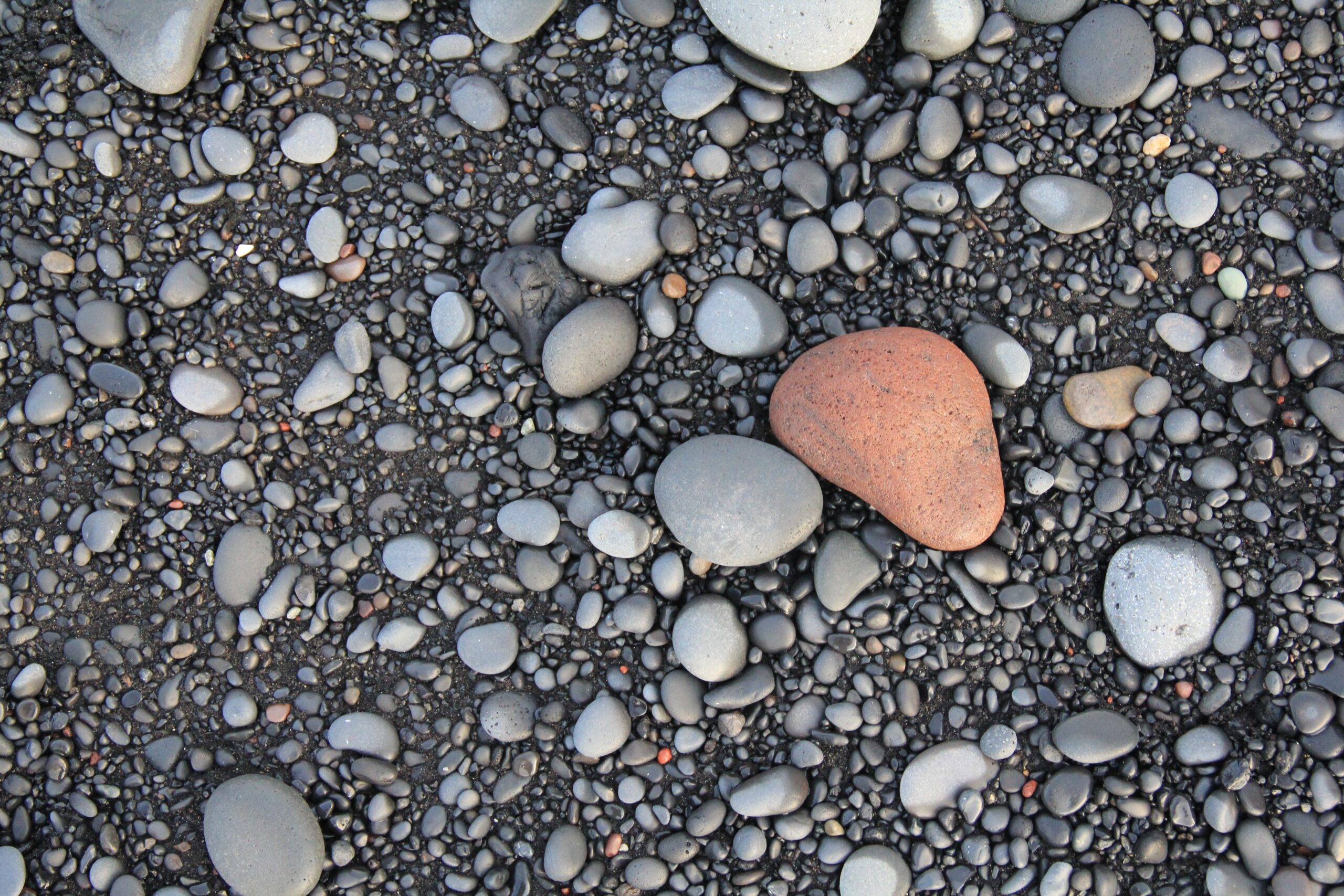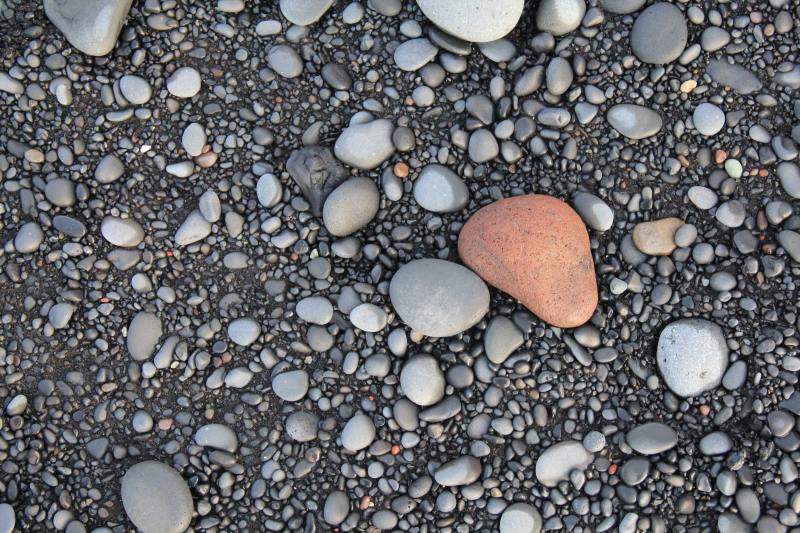
 Photo by Natalie Daley
Photo by Natalie Daley
It’s great that we are in a Term break at last (at least for those of us in NZ). This year is proving to be anything but business as usual and the challenges just keep coming. We’re been operating in a “hoping for the best, but ready for anything” type mode. This is a tough way to live long term!
Something that has helped me stay energised and well through the ongoing adventure of 2020, has been to get very clear about what matters most. I’m coming from the perspective of a statement we often use in the 40 Hour Project –
“being a school leader is part of who we are, not all of who we are”.
From a work perspective, there will always be things that are more or less important. There will be periods when more time and energy need to be committed to particular tasks. Bearing in mind the statement above though, alongside the work requirements will be other things. A misalignment between these two competing needs is a common problem. And misalignment happens easily unless you have clarity.
A statement to describe this idea could be:
“People are more resilient when they are clear about what matters most.”
One of the gifts of having space to think clearly (time for a sabbatical!), is that you can really consider what matters most to you. The absolutely fundamental items will almost certainly be personal – things to do with family, health, relationships, finances . . .
As school leaders, it’s very easy to let the urgent parts of each day take priority, and maybe that’s OK short term – but if you apply a longer term lenses to what it means to work/live as you are, priorities will change.
I’d like to suggest that until you do this exercise, you will often feel tension between what you need personally and what your work requires.
For example, if you haven’t done any exercise in a month, yet you woke up this morning worrying about school data targets, you are probably confused (about what matters most) and need to create space to get things straight.
. . .
And it’s not rocket science! Here is what I strongly recommend you do:
- Find some uninterrupted space. Ideally this will be somewhere you don’t usually go and will be away from the people who you usually interact with. In duration it needs to be long enough to allow you to sense the approach of boredom. No devices at all. Zero. Zip. Nada. Somewhere naturally beautiful is ideal but a quiet corner in the back of a Library you don’t visit often will work too. Find your space.
- A blank piece of paper and a pen (I actually use a notebook, but start on a blank page).
- Now just make a list. A list of the things that really, really matter. Don’t be shy or driven at all by what others might think – this list is for you and you alone.
- This is the perfect time to use some “fear setting” so that you build your list past the immediate.
- Sort the list so that the very most important thing is at the top.
Job nearly done.
The final, crucial remaining step, is to accept that you have to work in a way that allows you to address the items at the top of your list. If you can do this consistently, you will be aligning your needs with your work and when the pressure comes on, you are now positioned to make choices that are sustainable and energising. Just do it.
Dave

